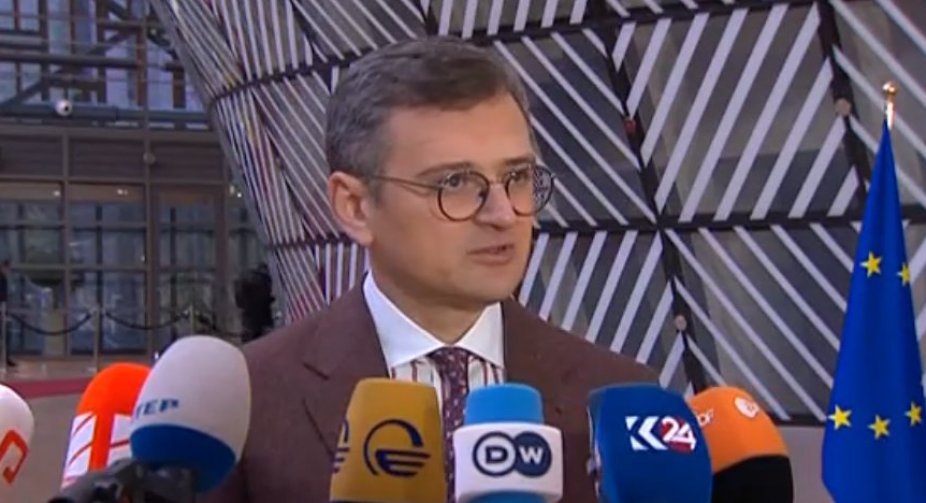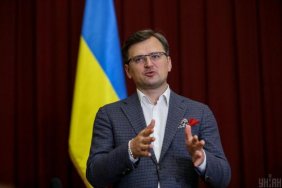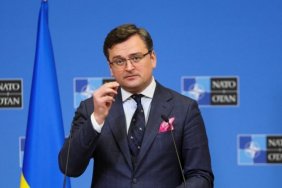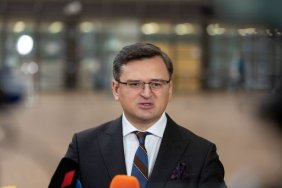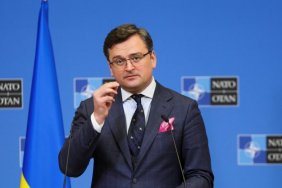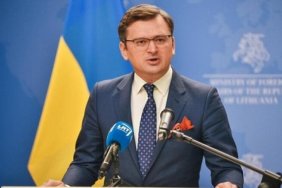Ukrainian Foreign Minister Dmytro Kuleba on Monday emphasized the critical need for EU leaders to grant approval for the commencement of accession talks during the high-level summit scheduled for Thursday and Friday.
Speaking from Brussels ahead of the summit, Kuleba conveyed the gravity of the situation, asserting that the decision to negotiate membership is the "mother of all decisions" with far-reaching implications for both Kyiv and the EU. Should the European Council fail to give the green light, Kuleba warned of "devastating consequences," refraining from delving into the specifics but underscoring the severity of potential outcomes.
The summit's agenda is multifaceted, encompassing not only Ukraine's bid for membership but also the search for 50 billion euros in economic aid for the nation and the continuation of military support for Kyiv amid its ongoing conflict with Russia.
As doubts loom over the future of US support for Ukraine, securing aid from Europe becomes increasingly crucial. Ukrainian President Volodymyr Zelenskyy is slated to meet with President Joe Biden on December 12 in Washington, heightening the significance of EU assistance.
However, complications may arise as Hungarian Prime Minister Viktor Orbán, known for his close ties to Russian President Vladimir Putin, has pledged to veto both aid and membership talks with Ukraine at the December summit. Orbán's stance adds an additional layer of complexity to the proceedings, raising concerns about potential roadblocks in Ukraine's pursuit of closer ties with the EU.
